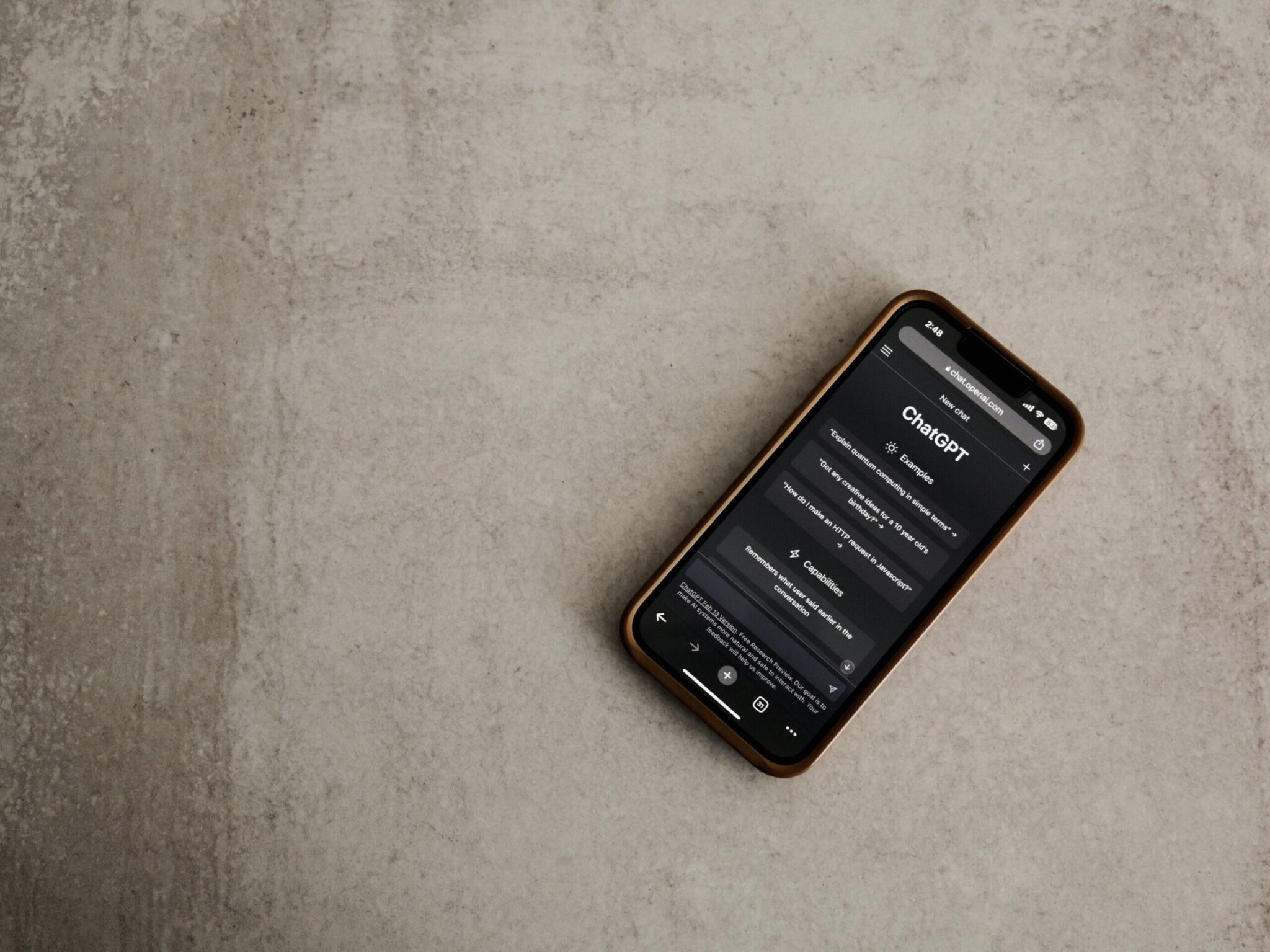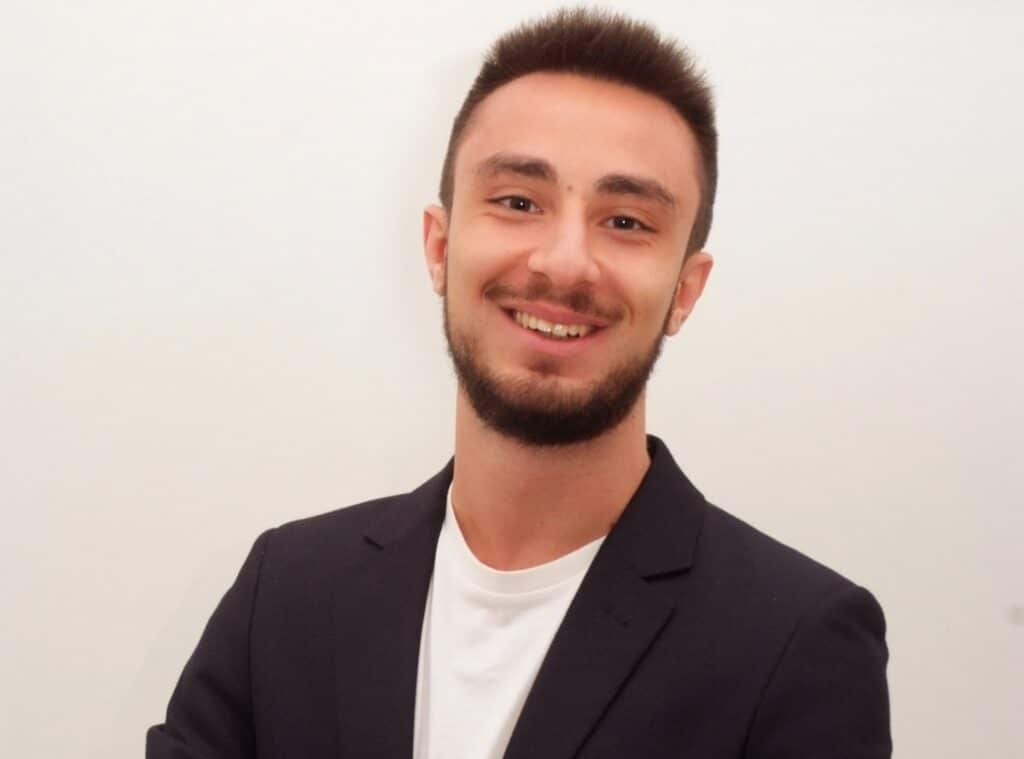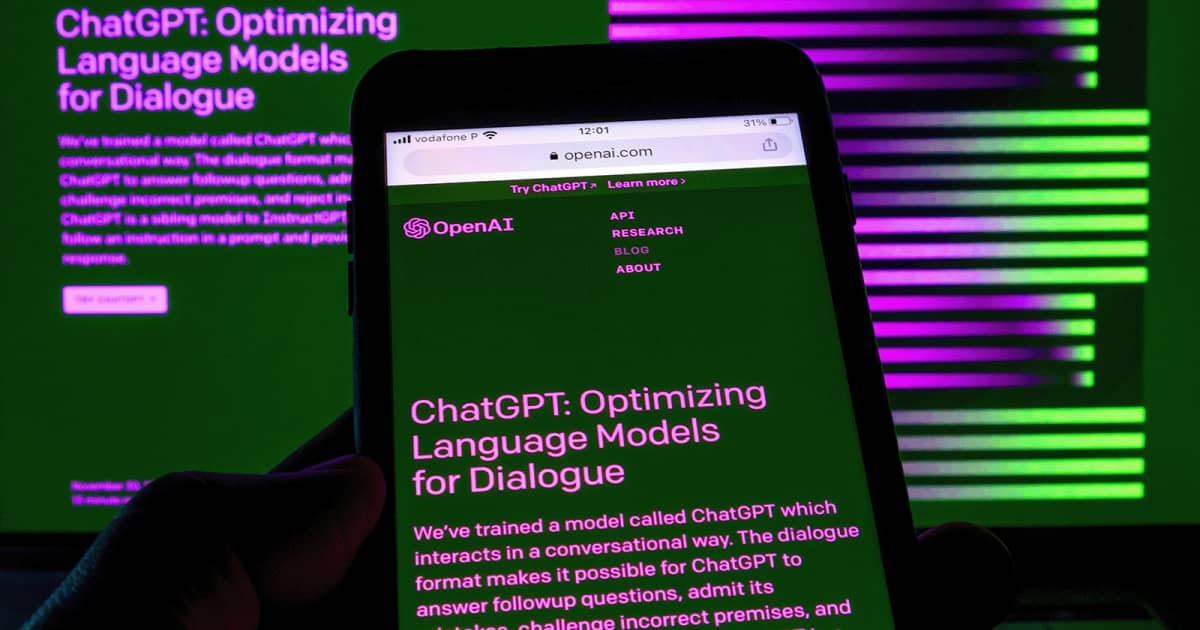ChatGPT generative artificial intelligence is becoming a real digital idol in Italy. It's as if he had participated in the Sanremo Festival, only instead of singing he hypnotized the entire country with his "rivers of words".
It seems that Italians are increasingly curious about this platform. Although last month the requests of the Privacy Guarantor blocked access, searches on Google jumped by 2000%. It is as if last month the ban triggered a sort of "forbidden thrill", fueling the debate on how to balance privacy and technological innovation.
But, apart from talking about it, do we use it?

Global position and new trends
Lots of talk, little substance. Despite the tam tom of the media (and perhaps also because of the my book to bring skeptics closer) Italy ranks 17th for the use of ChatGPT. We are definitely not at the level of France, Germany and Spain.
But interest is really growing. We're just a little lazy: more used to talking (and arguing) about trends than studying them in depth.
Well, let's get moving: also because, and OpenAI itself says so, Italian is the most accurate language of ChatGPT immediately after English. Let's take advantage of it!
ChatGPT digital boom: some more data
But which are the Italian regions most interested in ChatGPT? Some data comes from the report (here is an excerpt) disseminated by Linkdelta.com, a generative artificial intelligence platform for content creation. Apparently, the Trentino Alto Adige, Lombardia and Lazio they are at the top of the list. Tail lights? Three regions of Southern Italy: Puglia, Calabria e Sicilia, who seem less interested at the moment.
Recover ground

A month of blockade and a few too many prejudices have held us back, but the enthusiasm is strong. The same CEO of the company that produced the report confirms it:
the country is ready to embrace innovation and exploit the potential of artificial intelligence to improve the efficiency and quality of work in many areas.
Angelo Sorbello, Linkdelta.com
In summary: after so many words in the wind created by our "natural digital vision", we become familiar with the artificial instrument and make good use of it!


